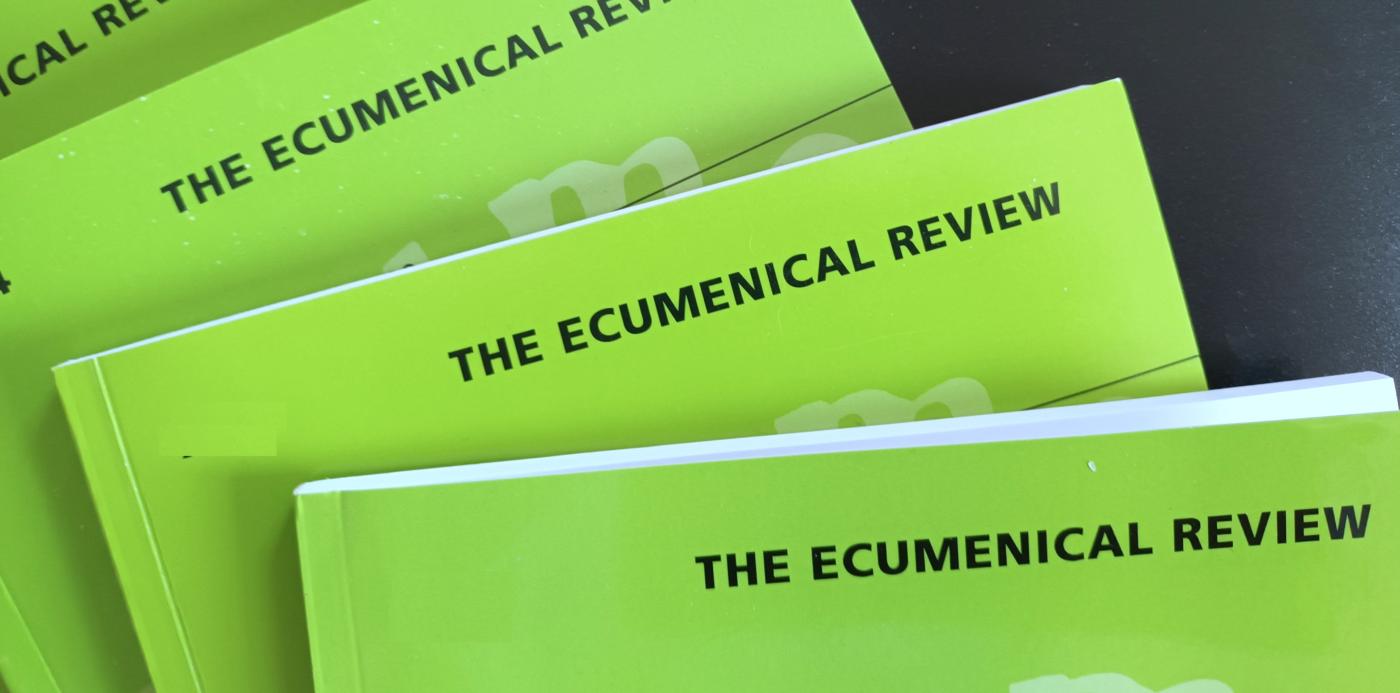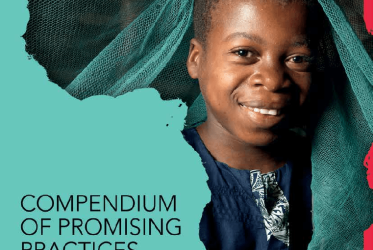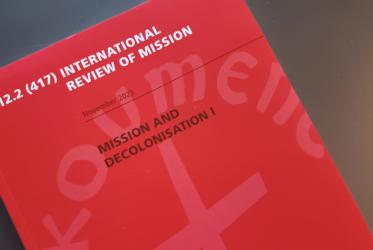Guest edited by Sarojini Nadar and Demaine Solomons of the University of the Western Cape, South Africa, the articles that make up the issue consider the continuing significance of Black liberation theology for contemporary struggles.
The articles originated from a colloquium held in May 2022 jointly organized by the Desmond Tutu SARChI Chair in Religion and Social Justice and the Black Theology as Unfinished Business Project.
“Offered in the year that the World Council of Churches held its 11th Assembly, in Karlsruhe, Germany, with the theme ‘Christ’s love moves the world to reconciliation and unity.’ the colloquium posed critical questions about what reconciliation and unity mean in global contexts of mounting racism against Black bodies and lives.,” Nadar and Solomons write in the editorial.
“What topics should Black theology be occupied with? Can vulnerability and poverty be taken as inherently part of the Black condition, or should more critical questions be asked?” they continue. “What of forgiveness and reconciliation, and can these ever be in balance with reparation and restitution, let alone with truth and justice?”
Among the contributors, retiring WCC deputy general secretary, Prof. Dr Isabel Apawo Phiri, and Dr Masiiwa Ragies Gunda, WCC programme executive for overcoming racism, write on “Black Theology and Insights from African Women's Theologies.”
Framed within similar concerns as feminist theologies, African women's theologies are characterized by a commitment to prioritize women's experiences where traditionally, only men's experiences have been valued and prioritized, they write.
“While the proponents of African theologies argued that the cultures and experiences of the African people were not taken seriously by Western theologies, African women feel the same about these African theologies and their capacity to take the concerns and aspirations of African women seriously,” the authors state.
The Ecumenical Review is published by Wiley on behalf of the WCC.






